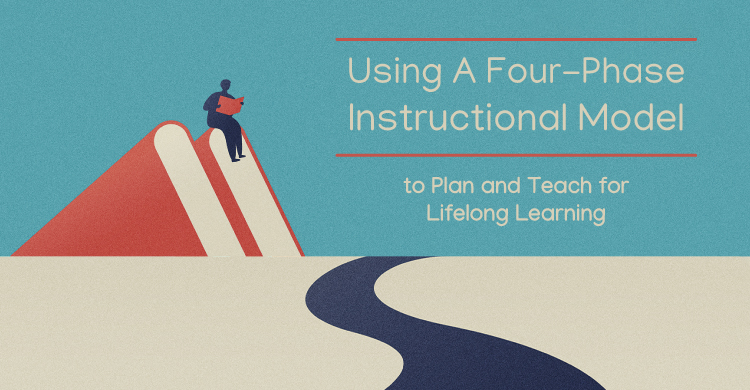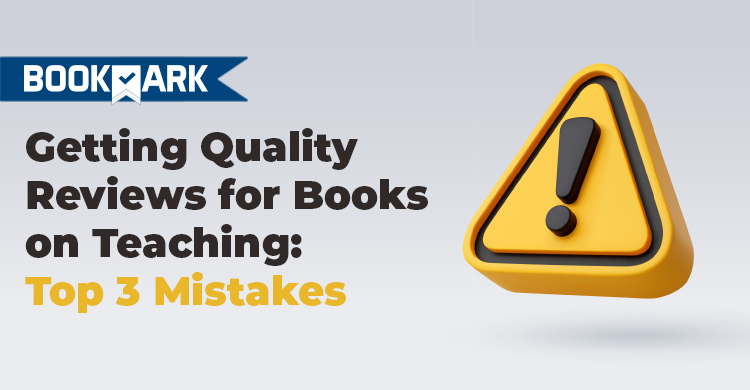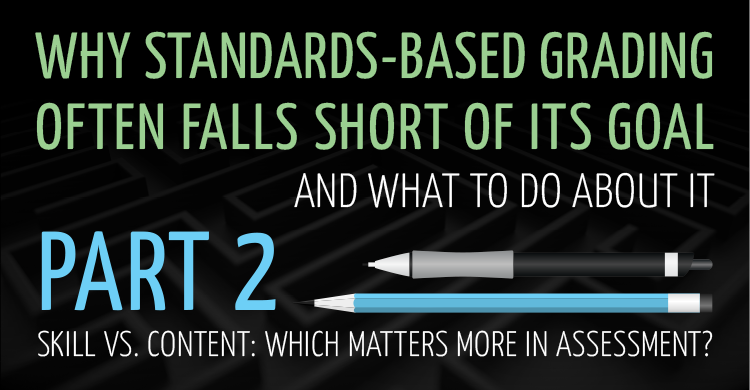Based on Teaching for Lifelong Learning: How to Prepare Students for a Changing World
One of the special joys in life is watching a child or grandchild play sports, like baseball, soccer, or football. It is especially interesting to watch progress over several years. For example, let’s take baseball. During their younger years, children often play because they become interested in baseball and its physical activity, but at this early stage they are novices when it comes to the fundamentals.
As they get older, they become more skillful and learn the strategies of the game, especially with a good coach. Good coaches keep them interested in the game, encourage their improvement efforts, and help them learn and understand the fundamental rules of the game. After some time, with practice and understanding, they can get really good at playing the game. They need less coaching and more individual practice on their own. They are no longer learning new skills but refining their skills. Finally, they may get so good that they themselves become coaches and teachers, sharing what they know, staying at peak performance, and demonstrating their skill by performing well in every game.
These four phases of learning baseball – call them novice, apprentice, self-directed, and expert – characterize how we might also think about planning for good teaching and learning. What if we thought about planning and teaching units of study as a way of creating student curiosity and interest in learning? As a way to raise the level of learning over time? As a way to build more complex understanding and skill development? As a way to lead students towards greater opportunities for self-directed learning and high levels of performance?
Planning and teaching with these four phases in mind might look like this:
In the beginning phase of instruction, which I call setting the stage, students become interested and curious about what is to be learned. They are able to “mess around” with interesting questions and problems. Activities are designed to help teachers to learn what students already know about the topic and what skills they have already developed. Teachers provide some context to what is to be learned so that students better understand the meaning and importance of the learning goals.
During the next phase, what I call building the foundation, students have the opportunity to learn new ideas and understandings and develop and strengthen important skills. They might learn and improve their research skills under the guidance of the teacher. They might read parts of a text together, learn new words, and practice taking notes and summarizing information and ideas. They might learn how to write a persuasive essay and take a point of view, citing evidence to support their opinions.
As they learn, develop and upgrade their understandings and skills, they might be given an opportunity to dig deeper into their learning and work independently and interdependently. For example, they might be given a choice of projects that extend their learning and enable them to apply their research and writing skills.
Then in a final phase of instruction, which I call closure, students might complete their work at a high-quality level, have the chance to share and discuss what they have learned with others, and demonstrate and reflect on what they have learned.
Here is an example of a four-phase instruction plan for a unit on poetry for middle school students:
- Set the Stage:
- The teacher raises and discusses the questions What is poetry? What makes poetry different from prose?
- The teacher reads several poems (including the poem for the recent Biden inauguration by Amanda Gorman) for discussion of mood and format; the teacher compares poems to prose readings and asks students to describe their differences;
- Students are asked to share what they already know about poetry and what they want to learn about it;
- Students write a beginning definition of poetry that will be re-examined at the end of the unit.
- Build the foundation:
- The teacher reads a number of poems to analyze different types, moods, and structures;
- Students discuss interpretive questions about several poems in Socratic Seminars;
- Students conduct research to find different types of poems that they like and bring them to class for reading, discussion, and analysis.
- Deepen Learning:
- Students write their own poem or poems using a chosen format and structure;
- Students research a poem, its background, and more about the writer of the poem.
- Create Closure:
- Students revisit their early definition of poetry and rewrite it based on what they have learned;
- Students hold a poetry slam and share and discuss their original poems with other students and parents;
- Students use a gallery walk to share researched poems, backgrounds, and authors.
- The teacher enters what she considers to be the best poems into a poetry competition;
- The teacher gives a test to determine what students have learned about different types of poetry, their structures, etc.
- Students write a self-reflection using a poetry format to indicate what they have learned about poetry during this unit
Please note that these instructional phases are not designed as a formula or strict sequence, but rather as a set of flexible instructional planning and teaching tools. Some teachers might see this instructional approach as a way to plan a sequence of learning activities that move from setting the stage, to foundational and then deep learning, and finally to closure, while others might engage students in activities that combine and integrate many aspects of all four phases at the same time. The important point is that, depending on the teacher’s goals and style, all four phases are incorporated into a coherent teaching and learning structure over time.
Whatever the teaching style, whatever the grade level, whether planning for virtual or in-person learning, this four-phase instructional model can help teachers better organize, focus, and improve teaching and learning. The model encourages student curiosity and engagement and promotes problem solving and inquiry. It increases student competence over time. Through the four phase activities, students develop learning to learn skills and build a growth mindset (Dweck, 2006). Teachers are better able to make student learning relevant, rewarding and successful.
Using the four-phase model to plan and teach helps to prepare students with the background knowledge, skills, attitudes, and behaviors necessary for lifelong learning and improvement in an age of change and uncertainty.
Dweck, C. S. (2006). Mindset: The new psychology of success. New York: Random House.






